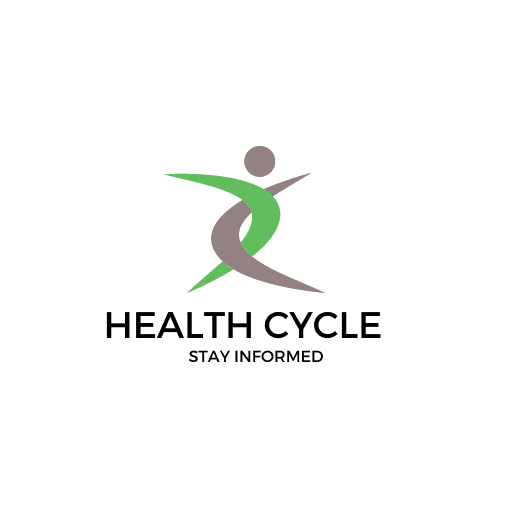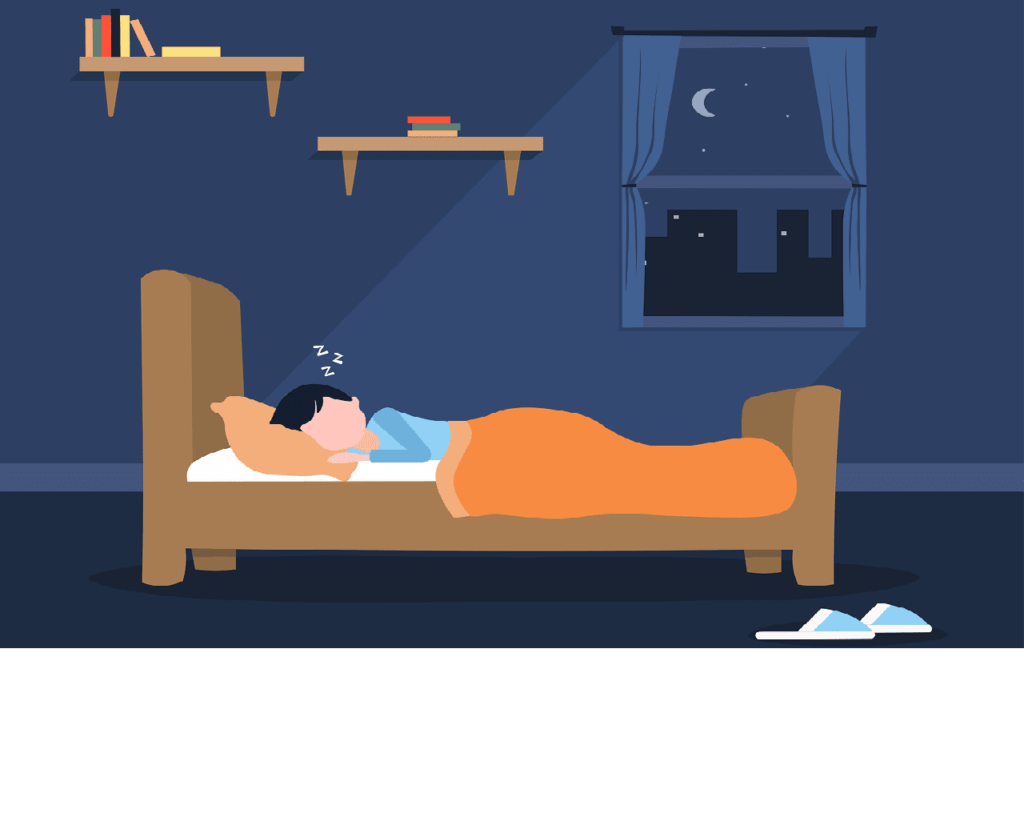Sleep and Muscle Recovery, often People are busy with their daily routine lives and go work out, eat well or even as far as take supplements for that passive recovery of your muscle. All of these are important but one key component is left out: sleep. Sleep is essential for muscle repair, performance, and general good health A full 7-9 hours. In this post, I take a deeper dive into the importance of Sleep and Muscle Recovery, why you need it so much and what you can do to enhance your recovery sleep.
Importance of Sleep and Muscle Recovery
Your body is like an automated machine that requires a good rest to re-function correctly. When you exercise, muscles suffer microscopic tears that must be repaired in order to return bigger and stronger. A lot of this repair takes place while you are sleeping. But why is that?
Your body goes through a number of processes necessary for recovery while sleeping. These include:
- Protein Synthesis: Protein synthesis is where the body creates new proteins, which are used to help repair and rebuild muscles that have been damaged.
- Release of growth hormone: Growth hormones necessary for sleep and muscle recovery and restoration are released during sleep with special emphasis on deep sleep.
- Decreased Inflammation: Sleep can help to reduce some of the inflammation that occurs from exercise, which in turn can make resting and thus recovery, also a little more effective.
If any proof of the effectiveness of sleep as the ultimate recovery tool for your body is needed, this should be it and hopefully replace all artificial recovery supplement or shake in your daily life.
What the science says about Stages Of Sleep and Muscle Recovery
Not all sleep is equal. Even among sleep, there are numerous stages but each one plays a very specific role in muscle recovery:
- Stage 1: (Light Sleep): During this stage you begin to relax your body for sleep. It contributes very little to recovery but is essential for moving more deeply into sleep.
- Stage 2: (Light Sleep Only Deeper): Your heart rate slows down, and you can observe reduction in body temperature. This is where the process of sleep and muscle recovery begins, however an overall of the next steps to come next that are really crucial ones clears the way.
- Stage 3: (Slow-Wave Sleep): The Good Stuff After all, your body produces most of its growth hormones in deep sleep for the purpose of repairing muscles and tissues. The stage where most of the healing and growth takes place in the body.
- REM sleep: (Rapid Eye Movement) the stage of sleep that is most closely associated with brain function, including memory and mood regulation– also serves a purpose in recovery as it helps to reset neurotransmitters controlling muscle function.
Deep Sleep and Muscle Recovery, deep sleep is the most important stage where your muscles repair.
How Much Sleep You Actually Need For Muscle Recovery
The usual advice is 7 to 9 hours of sleep for adults per day. But athletes or those by way of excessive bodily process may have greater. This is because physical activity cuts muscle damage, meaning it needs more time to recover.
On the other hand, if you are working out in a very intense manner, 8 to 10 hours of nightly sleep may be better for supporting your muscle recovery.
9 Signs You’re Not Sleeping Enough
Lack of sleep can slow your muscle recovery down and even regress the gains you are gunning for. Signs Your Body Needs More Sleep and Muscle Recovery
- Increased soreness: if you find yourself more sore than normal a day or two after working out, this could be due to poor sleep.
- Lower Performance: If you are lifting lighter and finding workouts that were previously easy a true challenge, poor sleep could be the culprit.
- Irritability/ Mood changes: Lack of sleep causes irritability and mood changes, so it becomes difficult to be motivated for your workout.
If you see any of these, maybe it is time for a reality check about your sleep!
Sleep, Testosterone and Building Muscle
But here is a fun fact did you know they ( sleep and test levels) are interconnected. Testosterone, an essential growth and recovery hormone for muscles. Studies suggest that men who sleep fewer than 5 hours a night tend to have much lower testosterone levels compared to those who get 7–8 hours of nightly shut-eye.
Decreasing in strength, energy and physical performance: Low testosterone not only impairs sleep and muscle recovery but affects on various other levels including strength, endurance and general physical performance. So, when you optimize sleep, you will be equipped with healthy levels of testosterone that will help build muscle and recover properly too.
How To Get Better Sleep and Muscle Recovery
It is not really that difficult to Get better Sleep. Here are some tips to improve sleep and muscle recovery.
-
Stick to a Sleep Schedule
Getting into a routine of sleeping and waking up every day helps your body synchronize its internal clock, assisting you in falling asleep at night and feeling awake in the morning. Consistency is key.
-
Establish a Good Sleep Atmosphere
Ensure you create a darkness, quiet and cool environment during sleep time in your bedroom. Throw in an investment into a good mattress and pillows, which will really help with comfort that sends you to slumber and just that much faster.
-
Limit Screen Time Before Bed
The blue light produced from screens can affect the production of melatonin, the hormone that helps schedule your sleeps cycles. To help your body transition to rest, make sure you check out of screens for at least 60 minutes before you intend to go to bed.
-
Mind Your Diet
Find out which foods & beverages may harm your sleep source Certain foods and drinks may Read More Caffeine, and alcohol have also been shown to interfere with sleep so this would be another good time to avoid doing these things. Instead, stick to a light snack such as banana or some almonds which work wonders for promoting better sleep.
-
Implement some stress-reducing skills
Meditation, deep breathing or yoga can help to ease your mind and body so that you fall asleep easier into deeper stages of sleep that are required for the restoration of muscles.
-
Consider Napping Wisely
Although napping may give a quick energy fix, taking long naps during the day can cause you not to sleep well at night. If you must nap, limit it to 20-30 minutes and avoid napping late in the day.
Nutrition, Sleep and Muscle Recovery
Have a similar musings: muscle recuperation needs rest, significant? right however, sustenance is genuine. Some nutrients can lead to a good night’s sleep which leads to an effective recovery of muscles. These include:
This mineral helps soothe the nervous system, aiding in better sleep. Magnesium present in foods like spinach, almonds, and avocados can improve sleep quality.
- Casein Shake: A casein shake before bed can provide some muscle repair while you sleep.
- Carbs: Your serotonin levels ( a hormone that helps with sleep) can be raised by eating carbs before bed. Stick to complex carbs like sweet potatoes or oatmeal, and not the refined sugars.
The good news is that eating the correct type of nutrients can really improve both sleep and muscle recovery.
The Downward Spiral Of Overtraining And Poor Sleep
It happens sometimes: the pursuit of fitness goals gone wrong — overtraining. Overtraining is a point at which you are not giving your body enough down time to effectively recover from your workouts and as a result, you experience more decreased performance/strength levels, eventually injury and sometimes even burning out completely. Sleep is a huge factor in avoiding overtraining as it provides your muscles with the time needed to recover and get stronger.
If you do not sleep well your body can’t regenerate as it should and you have more fatigue hence less motivation. Unfortunately, this can become a vicious cycle in that you then have to work harder during the training session to compensate for the poor recovery – which only serves to further impact your capacity to recover effectively and truly limits long-term performance.
Taking longer rest or more rest days might prevent overtraining and help you make progress in your training endeavors.
Closing Thoughts: Sleep and Muscle Recovery
Sleep and Muscle Recovery is near the top of our list when talking about muscle recovery. Going to the gym, eating chicken and brown rice — that stuff is only half of it; your body needs adequate time to recharge and heal. During deep sleep, everyone’s body focuses on muscle repair and the recovery from workouts you did the day before to cope up for whatever challenge is waiting for you.
By implementing the above tips and prioritizing sleep, you can not only improve sleep and muscle recovery but also get better overall physical performance and wellbeing. You see, the solution to improving recovery isn’t always found in some bottle or supplement; it’s occasionally as easy as getting a good night of sleep.



